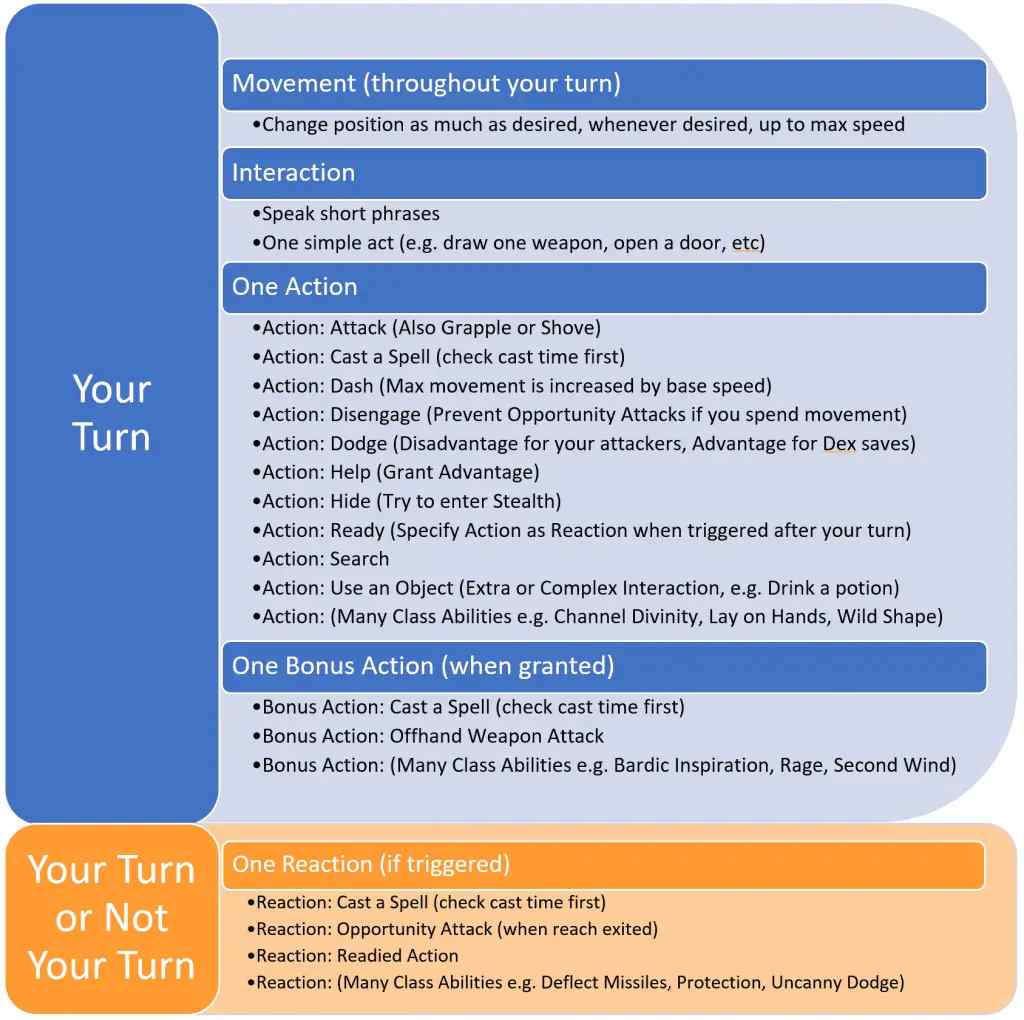

Especially in games like D&D 5e where we’re dealing with tons of different numbers. One less thing to keep tabs on is beneficial in my opinion. It’s not as fluid to keep track of in TTRPGs though. For example, in D&D 5e I have to calculate the EXP the party gains based on the challenges they complete, then the party needs to tally everything up and ensure they’re all on the same page. I don’t think keeping track of EXP is a problem or an extremely tedious activity, but it does add a bit more work to the game. For instance, there are a few small rules and mechanics that I’ll ignore or use magical items to mitigate the parts that my table finds unfun. However, tediousness can lend to frustration or annoyances and don’t add much to the experience. In some scenarios, tedious circumstances can lead to a challenge or are part of the experience of the adventure or game.

Therefore, you’ll never need to retool or rebalance an adventure or dungeon unless you want to! Less Bookkeeping for the Players Milestone leveling ensures that you, the GM, know exactly when the party gains a level.

However, it’s one more item to add to the prep work for the next session. There are no wrong answers for that scenario though, in my opinion. Do you re-balance the adventure for the party’s newfound abilities, or do you simply go with the flow and give the party less of a challenge as part of the reward for their increased strength? In this scenario, the GM needs to make a call. These unexpected levels can put a wrench into your carefully balanced dungeon. Let’s be honest, those of us that have used EXP for our games certainly have experienced their party gaining a level in the middle of an adventure. Milestone leveling gives the GM considerably more control over the campaign concerning the party’s overall power and capabilities. One of the most enticing benefits, of course, is that it can lessen the amount of prep that the GM does when designing future adventures. There are plenty of benefits that milestone leveling brings to the table. Let’s talk a bit about what I’ve learned about milestone leveling, and why I’ll be using it in the future. An adventure, in this case, is just an involved quest, so not fetching something or killing a couple of bandits in 15 min (though it could still be depending on the context). Shadow of the Demon Lord handles leveling by flat-out telling everyone at the table that once you complete an adventure, you level. If you end up enjoying these new mechanics or techniques you can oftentimes add them to your favorite game system! You learn about new mechanics and are forced out of your comfort zone. This is part of the reason why it’s beneficial to play and/or read other game systems, even if you have a favorite. Like, how long is “too long” for the players to be level X? There’s no way for the players to see their progress or judge when they’ll get their next level up. My one gripe with milestone leveling was always that it was difficult for me to wrap my head around how I can use it in a way that makes sense. I’ve always gravitated towards awarding experience (EXP) in my D&D 5e games. Generally, this has been for two reasons: a) it gives the players a way to see tangible growth in their characters, and b) I’ve always played that way. For example, it’s completely changed my opinion on milestone leveling. I feel like a broken record saying that, but it’s seriously been an enormous influence on how I play and write about RPGs as of late. The more I play Shadow of the Demon Lord the more I enjoy the system.


 0 kommentar(er)
0 kommentar(er)
